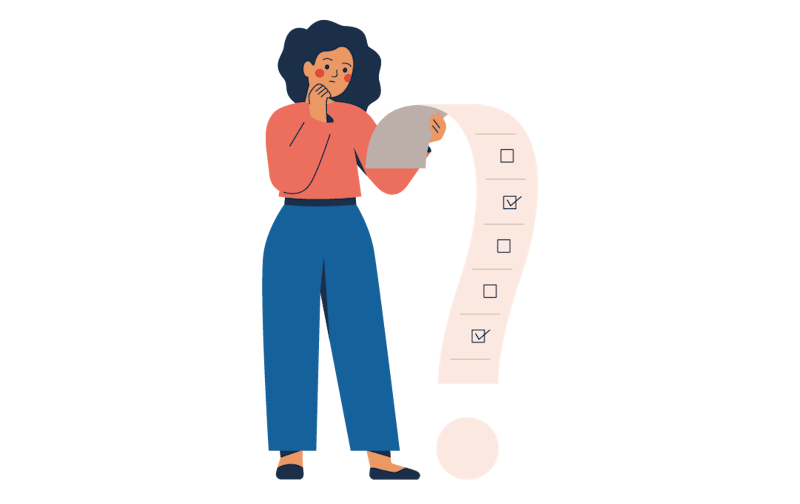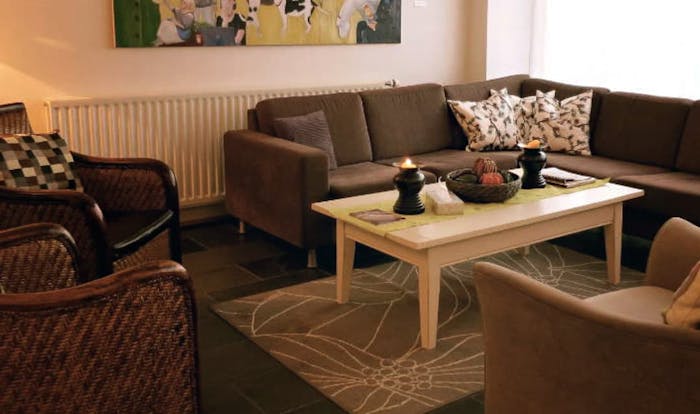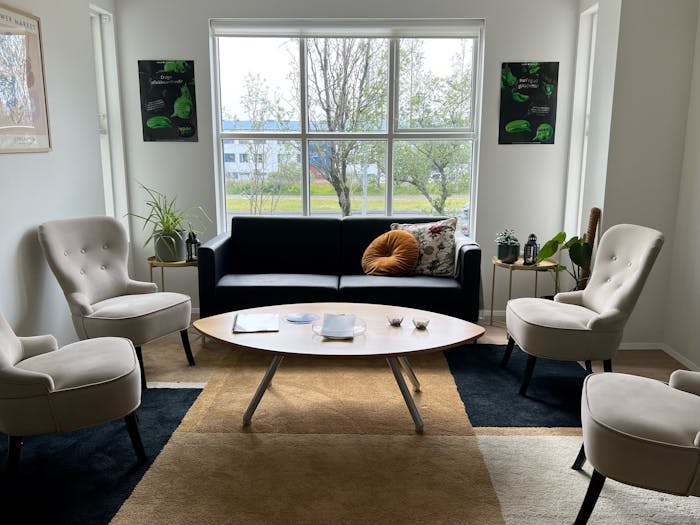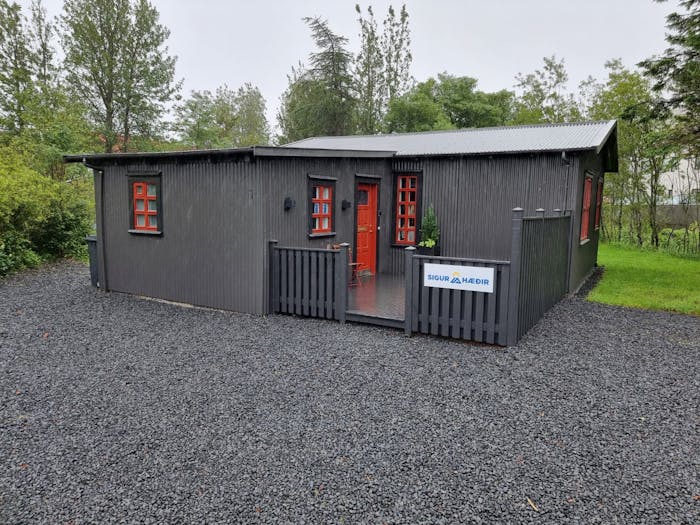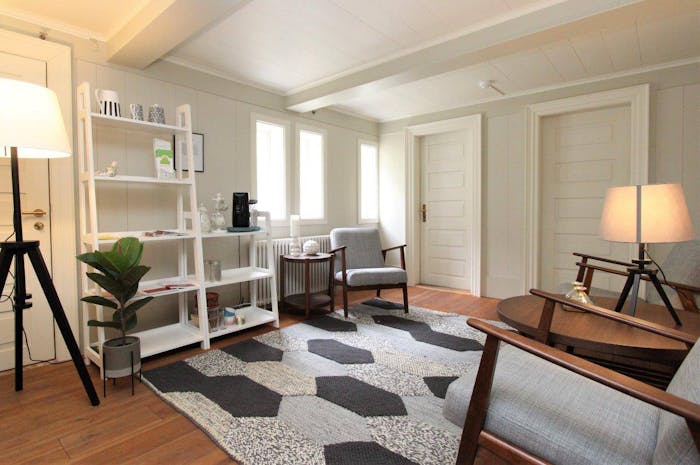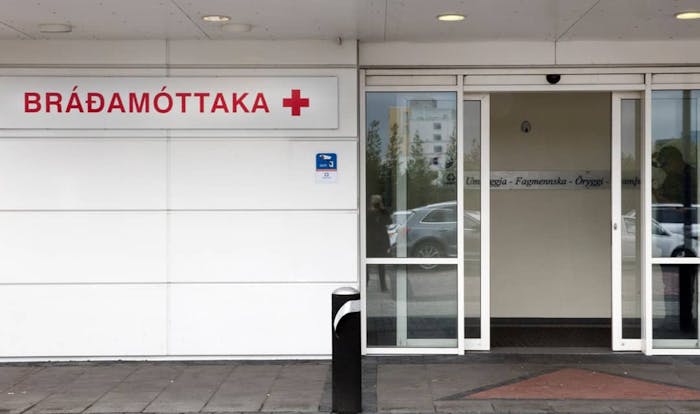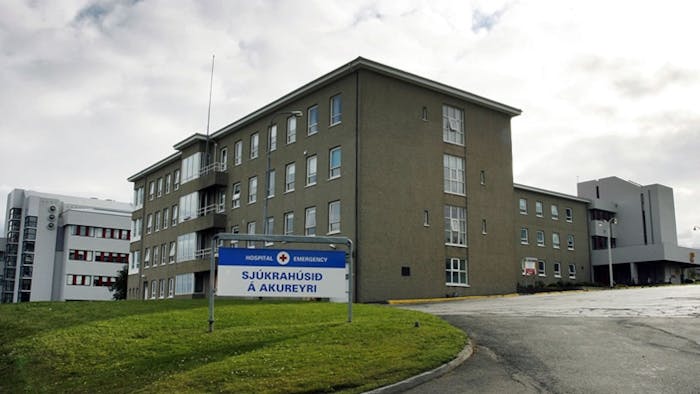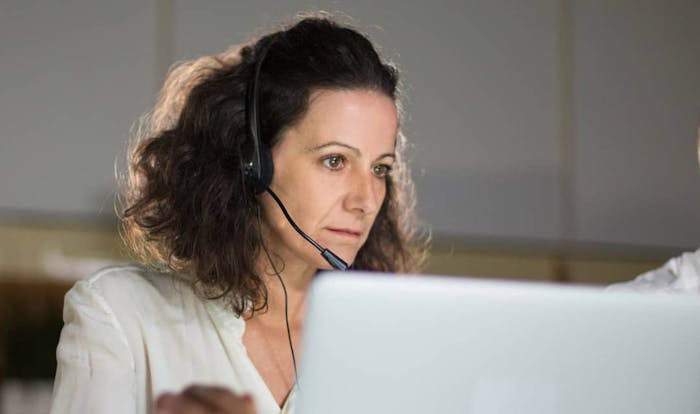This web page is part of the Guide to the Icelandic justice system for victims of sexual offences.
Seek help right away
If you are the victim of the offence, it is best to go straight to the Emergency Room for Sexual Abuse in Reykjavík or Akureyri. After that, there is more leeway to address the trauma and begin the recovery process.
Press charges as soon as possible
It is important to press charges for the offence with police at the first opportunity, as it often proves more difficult to investigate an offence if a long time has passed. The first 24 hours in the investigation of a case are the most important, as that is when it is possible to access important evidence.
Interpretation
Immigrants have a right to get an interpreter when dealing with the police and in court. The institution in question should pay for the interpreter. You need to ask for an interpreter yourself with notice. Don’t be afraid to say you need the service. It’s your right.
Communication with the perpetrator
Don’t block the perpetrator on social media although you may want to. It’s difficult not to but well worth trying. If you decide to press charges, your communication history is data in the case, but it disappears if you block someone. You can unfollow the person, turn off notifications or even avoid going on social media. Not forever, just for the time being.
Recovery
If you can, it’s best to mentally separate the processing of the case through the justice system from your recovery, though it can be difficult. Over two years pass between when you press charges for the offence and when the case is pleaded in court. During that time, it is important for you to think about your recovery. Your case might also be dismissed.
Resources
You will most likely need psychological treatment to address the trauma. You can find treatment on your own, through survivor support centres (Bjarkarhlíð in Reykjavík, Bjarmahlíð in Akureyri, Sigurhæðir in Selfoss), or the survivor counselling centre Stígamót. It’s OK to change therapists if you feel that the one you go to first isn’t working for you. Consulting someone you trust makes all the difference.
The justice system is not a resource
The Icelandic justice system is a synonym for the police and courts of law and public institutions. The system is not a resource for recovery, rather it has a different role; to consider the evidence that can be collected in the case in an impartial manner and to make judgements based on that evidence.
Find a supporter
Try to find a person you trust who can support you through the next weeks and months, whether it’s a loved one or a friend. You have experienced trauma and in such circumstances, it can be very difficult to attend to the tasks of daily life that would otherwise seem easy.
For example, it may be difficult to keep track of therapy, police, or survivor support centre appointments, contact your employer, inquire about possible sick leave, and more.
You can also get support from various groups:
- The Red Cross hotline.
- WOMEN, a social organization for women of foreign origin living in Iceland.
- Samtökin '78, the National Queer Association of Iceland.
Keep a journal
Write down everything you can remember that is connected to the offence on your phone or in a journal. Individuals who experience serious trauma don’t necessarily remember everything right away but then various details can come back to them bit by bit. If you press charges, the police want to receive all the information you can possibly give them.
Legal rights protector
If you press charges, your legal rights protector (ice. réttargæslumaður) guides you through the justice system, files for compensation on your behalf and handles communication with the District Prosecutor’s Office and the district court. Legal rights protectors are lawyers paid for by the state to assist you.
Switch legal rights protectors if you want to, don’t hesitate to do so. Just as you can change therapists if you don’t feel the treatment is working as it should, it’s important to have a legal rights protector you trust and work well with.
Vulnerability when giving a statement and before the court
If you press charges, you have to recount your experience of the offence when you give a statement to police, and also in the courtroom if the case is brought before the district court. It is, however, possible to prepare yourself for those situations.
Giving a statement
- Be ready for uncomfortable questions.
- Don’t downplay what happened or hesitate to use correct vocabulary. There are no words connected to the body or sexual intercourse that sexual offence investigators have not heard many times before. Recount the incident as precisely as possible. If you find it uncomfortable to say something out loud, you can practice by saying it out loud a few times in a safe environment.
- Don’t be afraid to say that you don’t remember something. That’s a normal part of experiencing serious trauma. Investigators are very familiar with that. Say you don’t remember rather than filling in the blanks, as that might conflict with something that you remember later, as sometimes things come back to you.
- Your legal rights protector prepares you for giving a statement.
The courtroom
- Prepare yourself for being required to recount this difficult experience in a courtroom in the district court. The people present in the courtroom are the judge, your legal rights protector, the defence of the accused, the defendant (the perpetrator) and the prosecutor from the District Prosecutor’s Office.
- Your legal rights protector prepares you for giving testimony.
- You can try the virtual reality courtroom to train yourself for giving testimony.
It is a marathon
The recovery process after a sexual offence takes a long time and criminal case proceedings through the justice system can take around two years, if the case is not dismissed before then. Survivor support centres can identify various ways to make the recovery process easier.
It can also help to take care of your physical and mental health. Perhaps you have loved ones or friends that can go to the pool with you or out for walks. Physical activity also has a positive impact on mental health.
